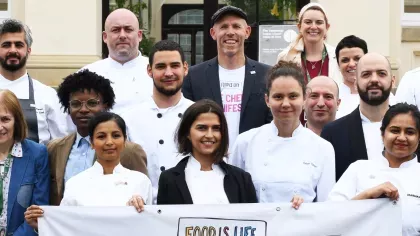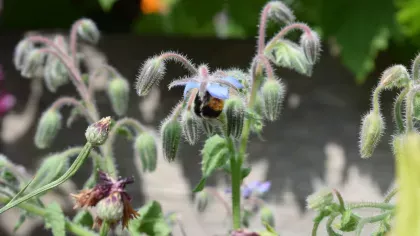14 July 2022
How to eat to save the world
Eating sustainably is vital to help combat the climate crisis, but it can be tough to get it right. Kew’s Head of Sustainability Rachel Purdon shares some key tips on how to eat your way to a healthy planet.

We love food. Eating is more than just something we do to survive: it’s a vibrant part of our culture, society and heritage.
But in this climate crisis, it’s more important than ever for us to think about what’s on our plates — it’s estimated that over one quarter of the world’s carbon emissions come from food production.
While this might seem like an intimidating number, it also gives us a target to reduce global carbon emissions.
To do so, we need to make sure we’re changing our behaviour in the right ways, so here are some top tips to get you started.
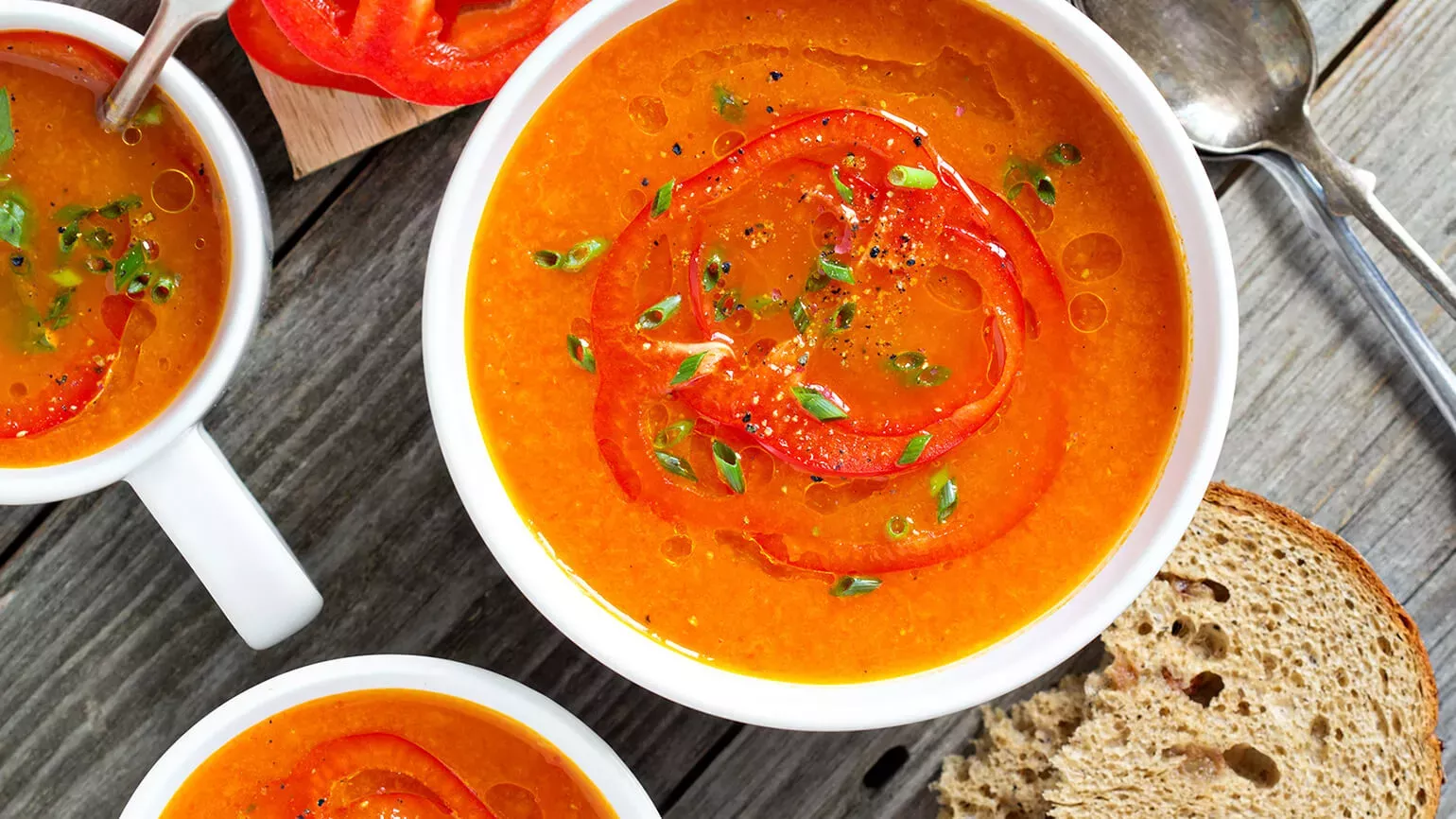
Think global, act seasonal
We often hear that we need to eat locally-sourced meals to reduce the carbon footprint built up from transporting food around the world.
But, for most foods, transport accounts for only a very small percentage of carbon emissions from food production, meaning eating locally doesn’t help shrink that carbon footprint.
While there are some fruits and veg that are air-freighted to our plates, the majority arrive by ship, which produces comparatively lower amounts of carbon.
In some cases, eating locally can actually have a greater carbon footprint than imported food, as some crops will be grown out of season in energy-hungry greenhouses!
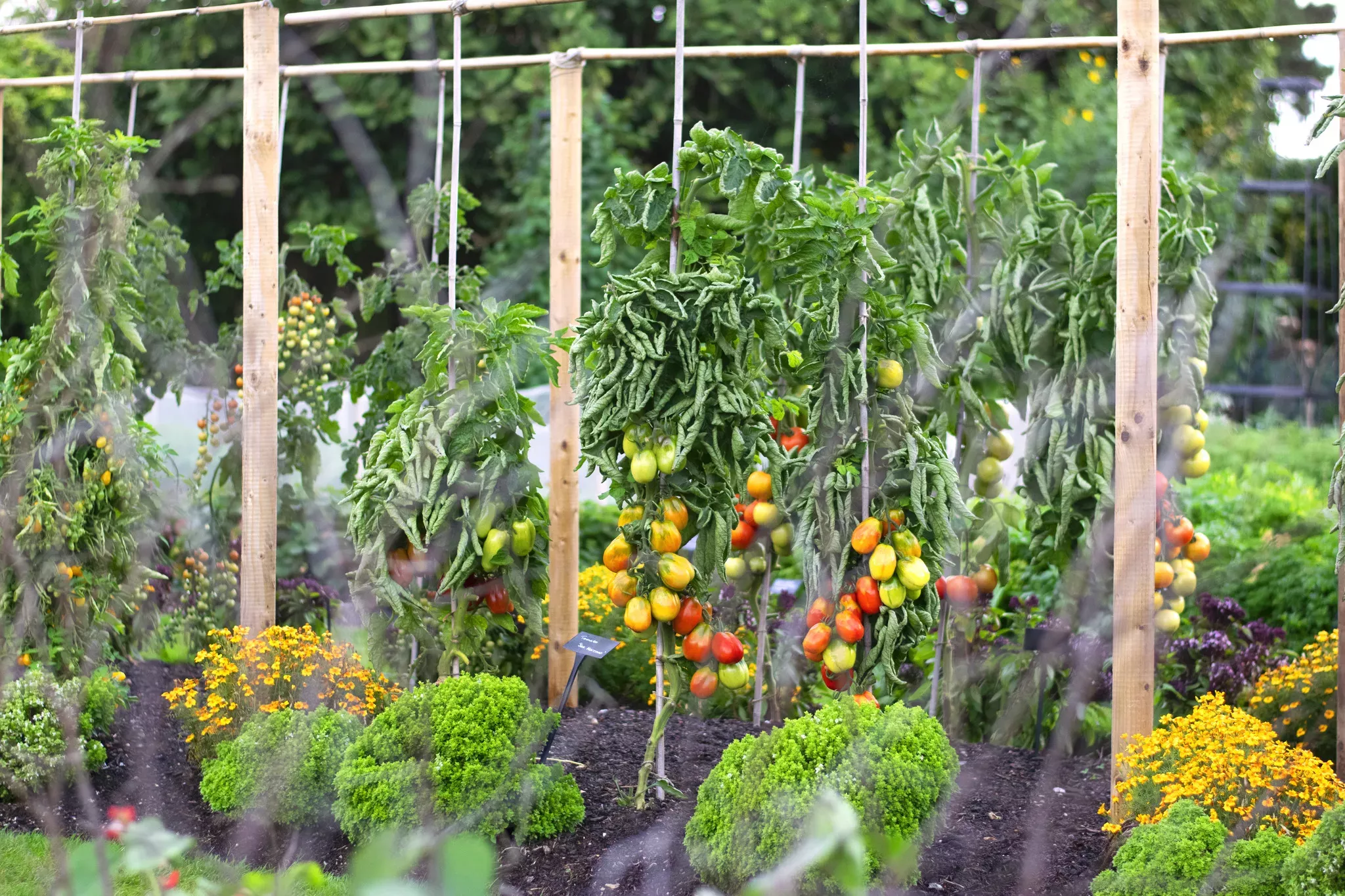
Most carbon emissions from food production actually arise from land use change, like deforestation, to make room for grazing livestock, as well as farming itself, like methane emissions from cows.
The best way to reduce our food’s carbon footprint is by changing what we’re eating to introduce more nutritious plants and fungi into our diets.
Beef and lamb both have exceptionally high carbon footprints. Comparatively, vegetables like peas, pulses and potatoes have low carbon footprints. Some data suggests that certain types of nuts may even have a negative carbon footprint, where the trees they grow on capture and store carbon.
Where possible, eating seasonal fruit, vegetables and fungi also helps to guarantee that the food on your plate hasn’t been refrigerated or grown in energy-intensive greenhouses.
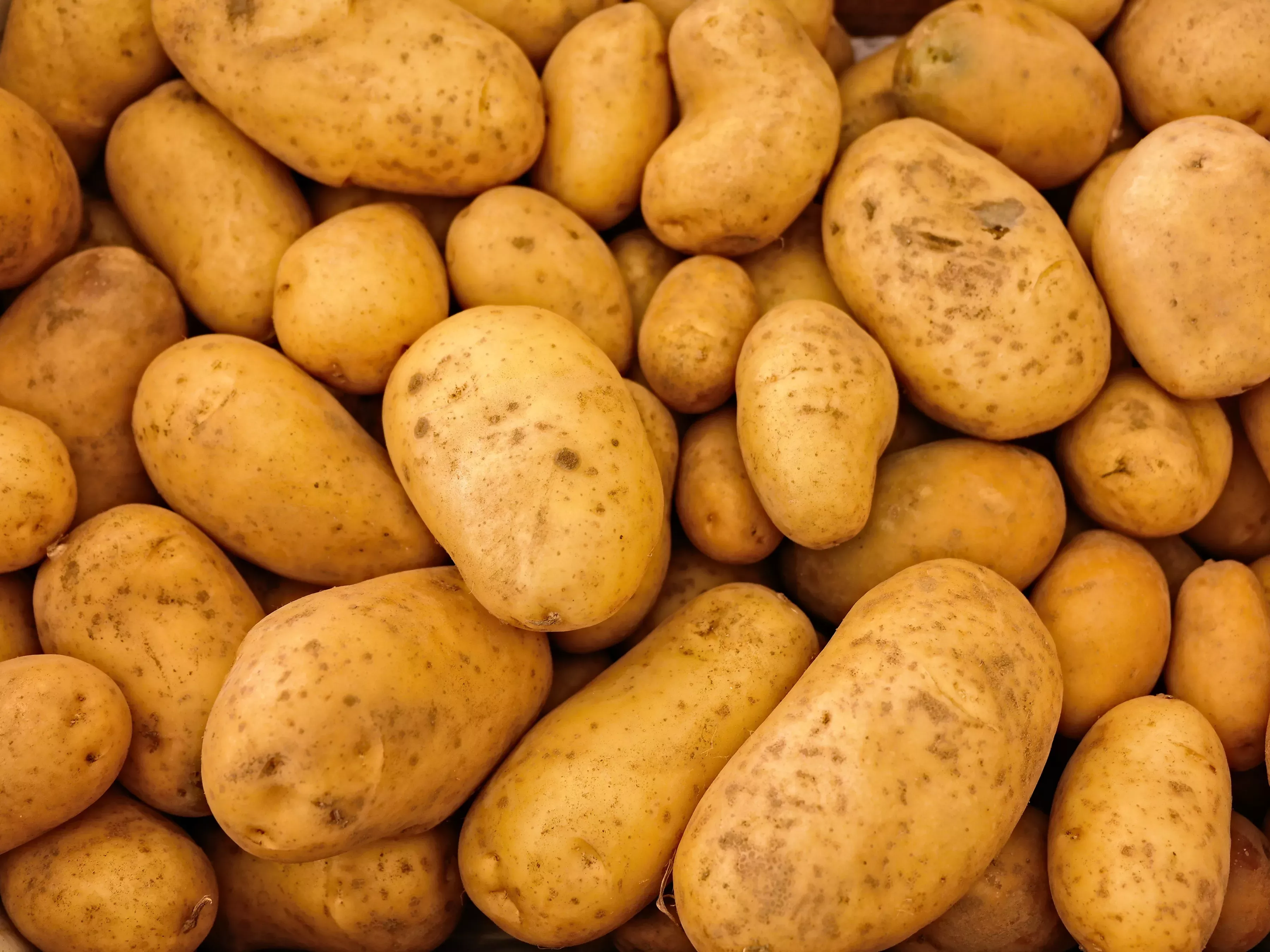
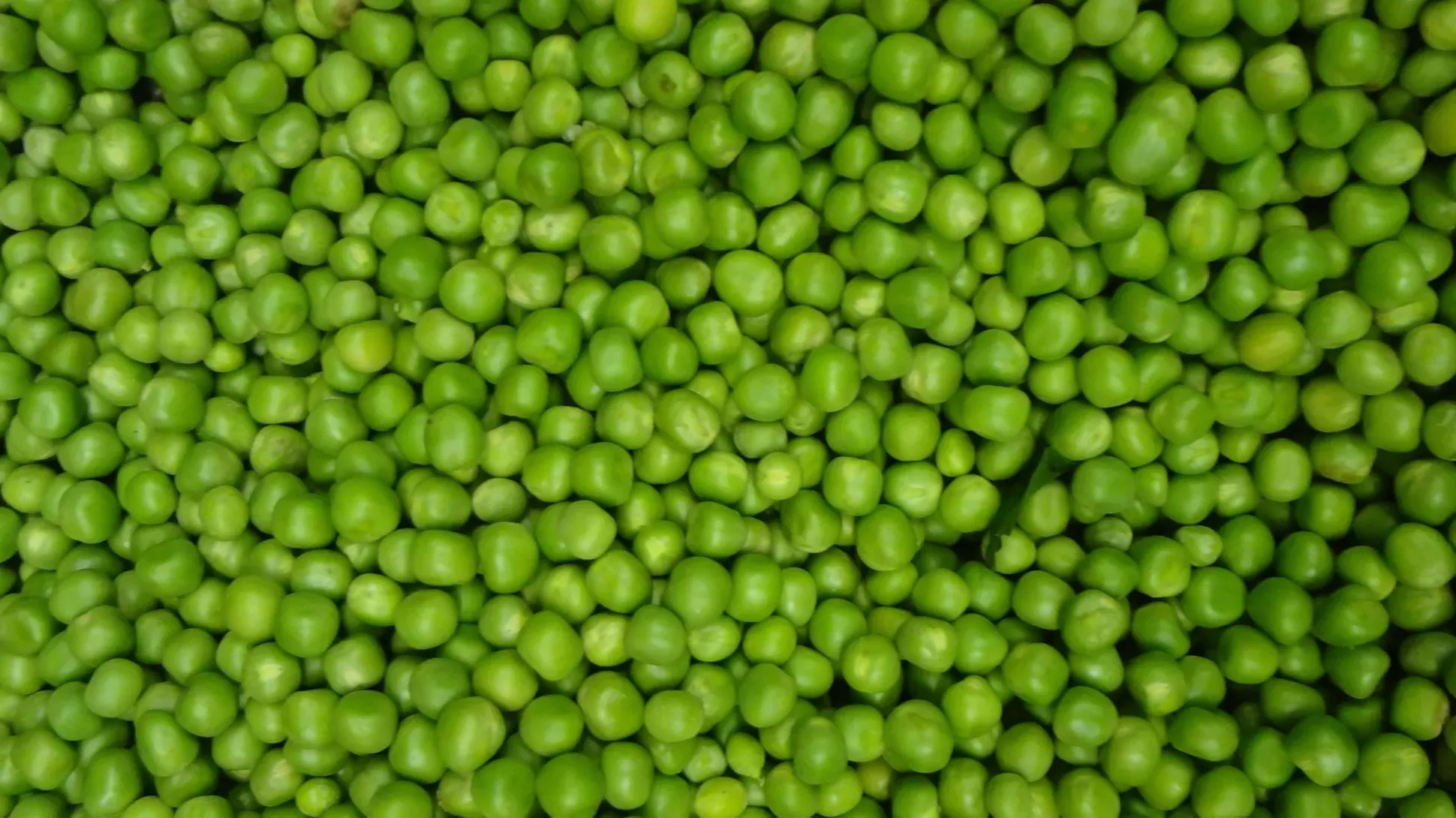
The spice of life
Eating sustainably is about more than just cutting down on your food’s carbon footprint. It’s also about making sure what we eat is available for the future too.
There are well over 20,000 discovered edible plant species on the planet, but we only eat around 150 of them.
Even more amazingly, 75% of the global food supply comes from just 12 plant species and five animal species. In fact, the three most grown crops in the world, corn, wheat and rice, account for nearly 60% of plant calories in the diet of the entire human race.

So, why’s this a problem? It all comes down to genetics.
As farmers focus on increasing production to feed a growing population, they'll grow large amounts of one crop, rather than a mix of species and varieties.
Over time, this leads to a loss of biodiversity in our crops which puts them under critical threat from diseases and pests, as they are all so genetically similar. This has already happened to several plant variants, like the Gros Michel banana cultivar.
The solution is simple: try to eat a more varied plant diet.
Current staples like wheat might find competitors in amaranth (Amaranthus) and teff (Egragrostis tef) as the next big thing. Moringa (Moringa oleifera) sometimes called the ‘miracle tree’, might find a home next to spinach and lettuce.
And what about using seeds from the hemp plant (Cannabis sativa) to make oils, flours and even milk substitutes?
A 2018 study found that eating a diversity of plants also helps support a healthy gut, so there’s health benefits too!
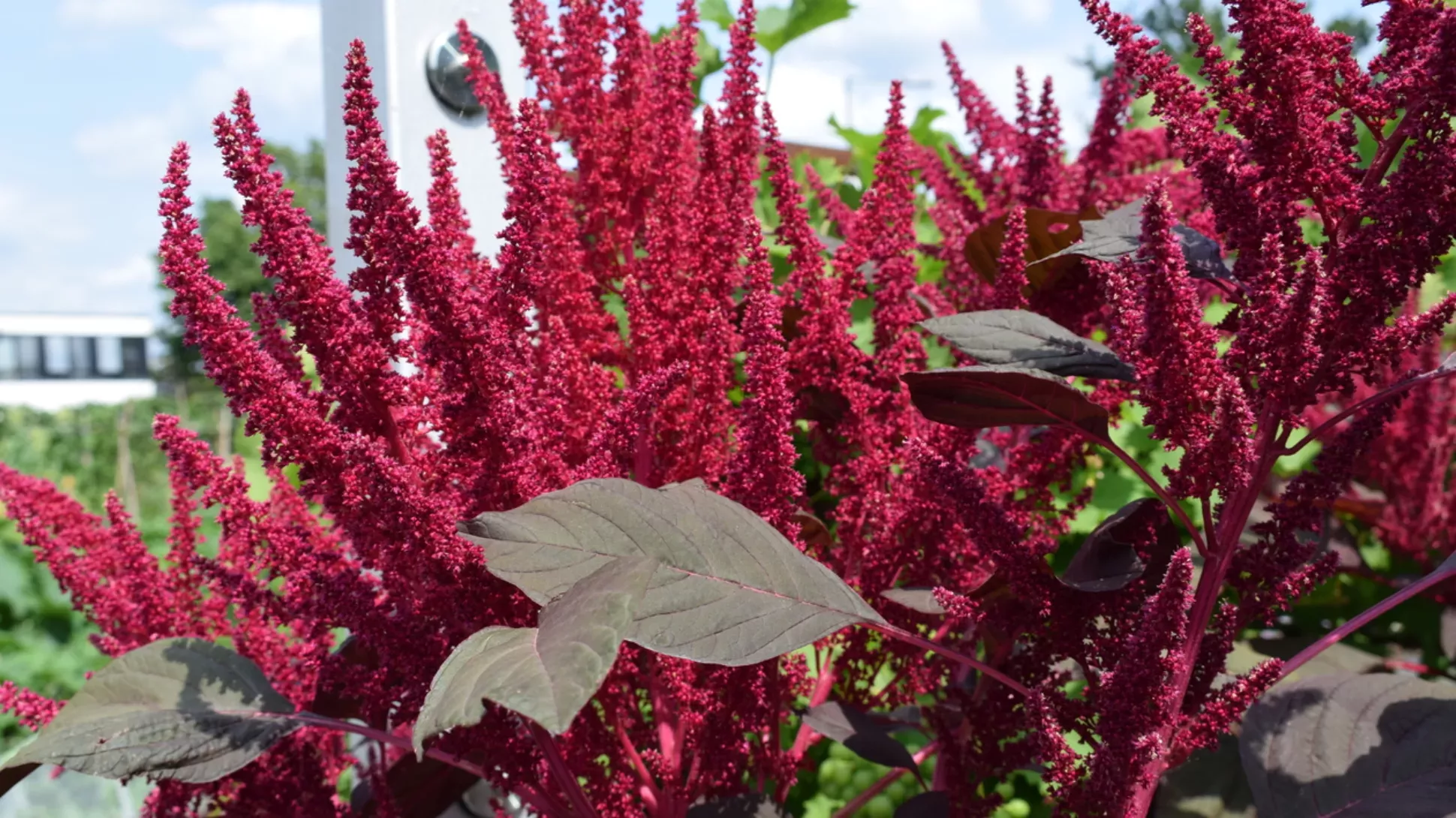
What’s Kew doing to help?
As a world class scientific institution, we want to lead by example. That’s why we’re making it easier for guests to the Gardens to make more sustainable food choices.
Our new Family Kitchen and Shop features seasonal menus and more plant-based food options. We're also making the most of produce grown in Edible Science: Kew's Kitchen Garden.
Our plant-based food has been promoted to the top of the menu, making these options a more visible choice and encouraging our visitors to go plant-based and reduce their carbon footprint.
Over at Wakehurst, our sister site in the heart of Sussex, we have introduced a 90% plant-based menu which sources local and sustainable ingredients, inspired by the gardens.
At Stables Kitchen and the Pantry, our menus are planned around the changing food seasons and work in conjunction with Slow Food UK; a non-profit organisation which celebrates the rich food traditions of the different nations that make up the UK and protecting our edible biodiversity.
In the future, we’re aiming to reduce the price of our plant-based options across our sites to make them even more appealing!
We’re also using Foodsteps to label some of our menu items with their carbon footprints, so you can measure the benefits that the planet will reap from your daily choices.
While we’re not removing animal proteins from most of our menus*, we want to encourage everyone at Kew to try the delicious and nutritious plant-based options available in our cafes and restaurants, and at home too!
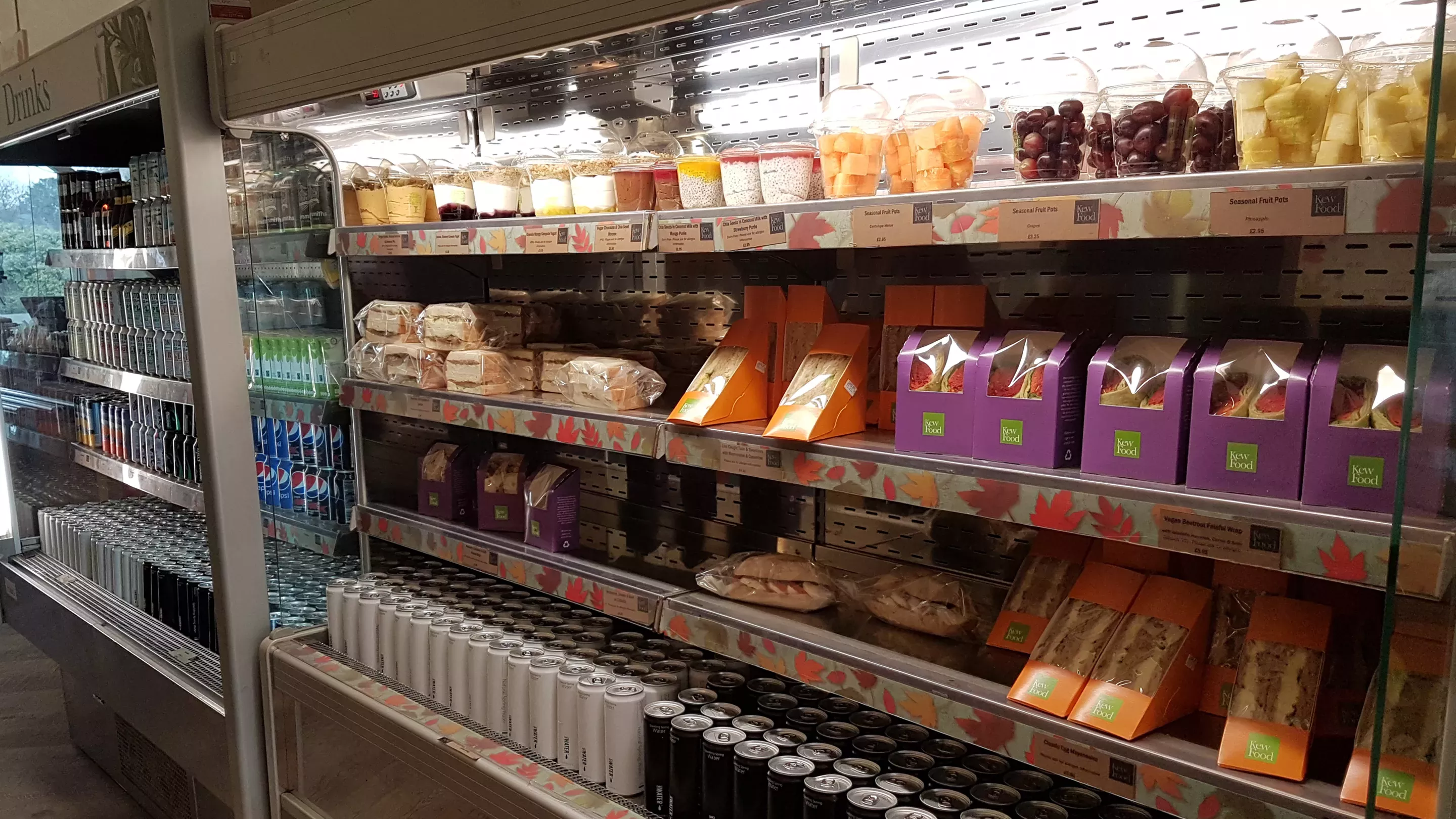

With all these top tips, why not make your next meal your first step in eating to save the world?
Read & watch
*CH&CO source British and Red Tractor certified meats and dairy, MSC certified fish and free-range eggs.


